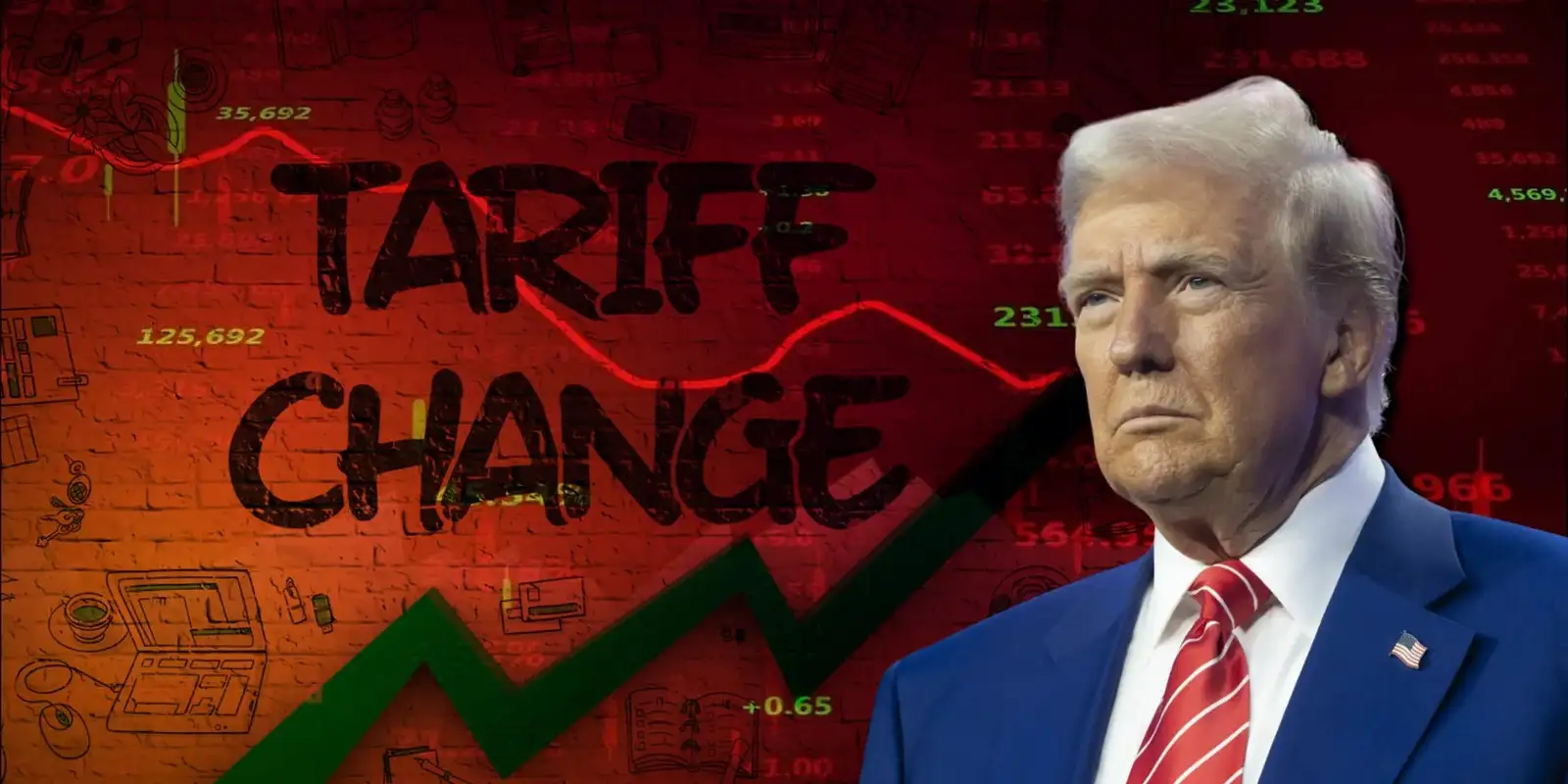‘ChatGPT, What Stocks Should I Buy?’ AI Fuels Boom In Robo-Advisory Market
As ChatGPT approaches its third birthday, a growing number of retail investors are turning to AI chatbots for stock-picking advice, reshaping the landscape of personal finance and investment strategy. AI, which once began as a tech curiosity, has now become a market force, with 13% of retail investors using tools like ChatGPT to select stocks, according to a global survey by eToro.
This is a structural shift. The robo-advisory market, which includes fintech firms, banks, and wealth managers offering algorithm-driven financial advice, is projected to grow from $61.75 billion in 2024 to $470.91 billion by 2029. That’s a nearly 600% increase, based on data from Research and Markets.
A New Kind of Investor
This rise of AI in investing is happening at the same time as there is already a broader transformation in retail investor demographics. Younger investors are entering the market with fewer resources but greater digital fluency and hands-on experience in tech. Jeremy Leung, a former UBS analyst, exemplifies this shift. After losing access to institutional tools like Bloomberg terminals, Leung turned to ChatGPT for portfolio analysis.
“I no longer have the luxury of a Bloomberg (terminal), or those kinds of market-data services which are very, very expensive,” Leung said. “Even the simple ChatGPT tool can do a lot and replicate a lot of the workflows that I used to do.”
Leung’s prompts are precise and layered. For example, “assume you’re a short analyst, what is the short thesis for this stock?” or “use only credible sources, such as SEC filings.” His experience highlights both the potential and the limitations of AI-driven investing.
Performance That Raises Eyebrows
In March 2023, Finder asked ChatGPT to build a basket of stocks based on criteria like low debt, sustained growth, and competitive advantage. The resulting portfolio included Nvidia, Amazon, Procter & Gamble, and Walmart.
As of September 2025, that basket has surged nearly 55%, outperforming the UK’s 10 most popular funds by 19 percentage points.
This performance has fueled optimism, but also concern. While U.S. stocks are near record highs, experts warn that AI-led investing may not prepare users for market downturns.
Leung Siad, “If people get comfortable investing using AI and they’re making money, they may not be able to manage in a crisis or downturn,”.
Risk Without Guardrails
ChatGPT’s popularity is constantly growing due to the ease it offers to people, regardless of their age, profession, or technical knowledge. However, it can’t substitute for a financial advisor.
It cannot access real-time data behind paywalls and may misquote figures or lean too heavily on past trends. OpenAI itself cautions users not to rely on ChatGPT for professional financial advice.
Dan Moczulski, UK managing director at eToro, emphasized the risks:
“AI models can be brilliant. The risk comes when people treat generic models like ChatGPT or Gemini as crystal balls.” “General AI models can misquote figures and dates, lean too hard on a pre-established narrative, and overly rely on past price action to attempt to predict the future.”
This concern is echoed by Wall Street professionals. A Morningstar report notes that 58% of investment firms have adopted AI tools, but only with strict internal guardrails. Enterprise versions of models like ChatGPT are integrated with proprietary databases to reduce risk and improve accuracy.
The Literacy Gap
AI democratizes access to investment tools, but at the cost of a gap in financial literacy. Many retail users lack the experience to evaluate AI-generated advice critically. Visual Capitalist found that finance-related prompts were the fastest-growing category among chatbot users in early 2025, rising from 4% to 13% in just one year.
Experts recommend treating AI chatbots like interns, useful but inexperienced. Chris Ackerson of AlphaSense advises:
“LLMs are very smart, but they need the right context and prompts.” “Treat chatbots like an intern who doesn’t have all the context or experience, and give very specific steps to follow.”
The AI boom is changing who gets to invest
Tools like ChatGPT offer free, fast, and conversational access to financial analysis once reserved for institutions. But the simplicity of the interface masks the complexity of the task. The question “ChatGPT, what stocks should I buy?” is more than a prompt; it’s now a signal. It marks a turning point in how trust, advice, and risk are negotiated in the age of artificial intelligence.






